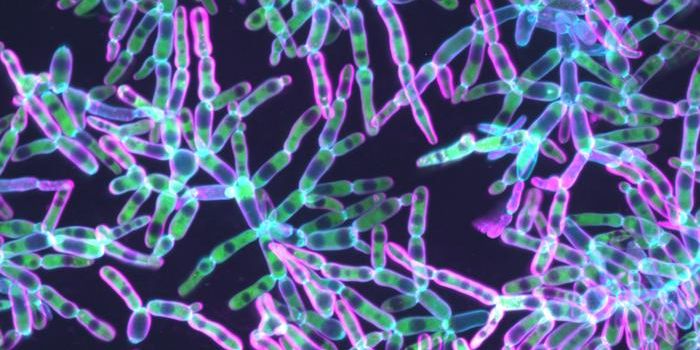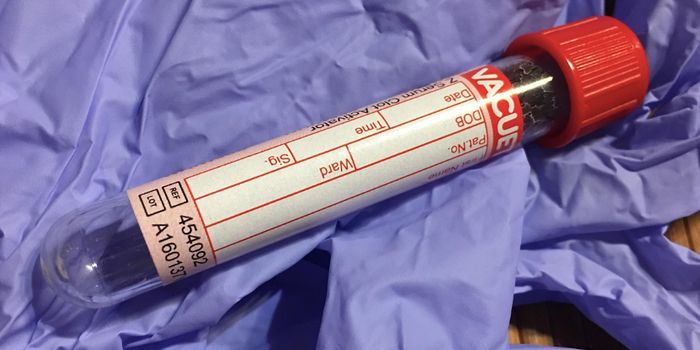Multiple Sclerosis (MS) is an autoimmune disease characterized by chronic inflammation, a result from an overexcited, misdirected immune response. A synthesized plant polypeptide called cyclotide is found in a variety of common plants, and it has the capability to reduce MS-related inflammation to the point where the disease can be curbed at a very early stage.
MS is currently incurable, with available treatments to reduce the rate of progression including harsh side effects. The overactive inflammatory response causing MS stems from the destruction of myelin sheaths, the components of the nervous system that insulate nerve fibers. The current study indicating the future use of cyclotides as a more effective treatment was completed at the Medical University of Vienna and recently published in the journal
PNAS.
“This could slow down the course of the disease in general,” said Christian Gruber, PhD, Chief Researcher at the Center for Physiology and Pharmacology at the university, said about the clinical sue of cyclotides.
In an animal model of MS, the research time orally administrated cyclotides and saw reduced symptoms of MS to the point where the most successful case showed no further progression of MS clinical signs. These preliminary studies mean that as soon as people start to show functional neurological problems that are characteristic of MS and receive a confirmative diagnose of MS via magnetic resonance imaging (MRI), the drug could be administered to prevent any further progression of the disease.
Cyclotides can be isolated from common plants like coffee, cucurbits, grass, and nightshade. It is highly advantageous that the drug develop from these macrocyclic peptides can be taken orally; most current treatments have to be administered intravenously.
By suppressing interleukin-2, an inflammatory cytokine that promotes the division of T lymphocytes, cyclotides reduce inflammation in patients with MS. When a reasonable cause instigates interleukin-2 production and activation of T lymphocytes, this is a protective pathway for the body. However, cases of MS are characterized by an inappropriate release of interleukin-2, leading to unnecessary inflammation, so suppressing the cytokine will successful reduce the severity of MS.
Additionally, cyclotide-based drugs have the potential to treat other autoimmune diseases characterized by an “overactive, misdirected immune response.”
Researchers from the Medical University of Vienna have authorized further development to be carried out at a pharmaceutical company called
Cyxone. A clinical trial testing the drug could begin as early as the end of 2018. More than 2.5 million people worldwide are affected by MS, and cyclotide-based drugs could be the first medication to truly make a difference in their lives.
Source:
Medical University of Vienna









